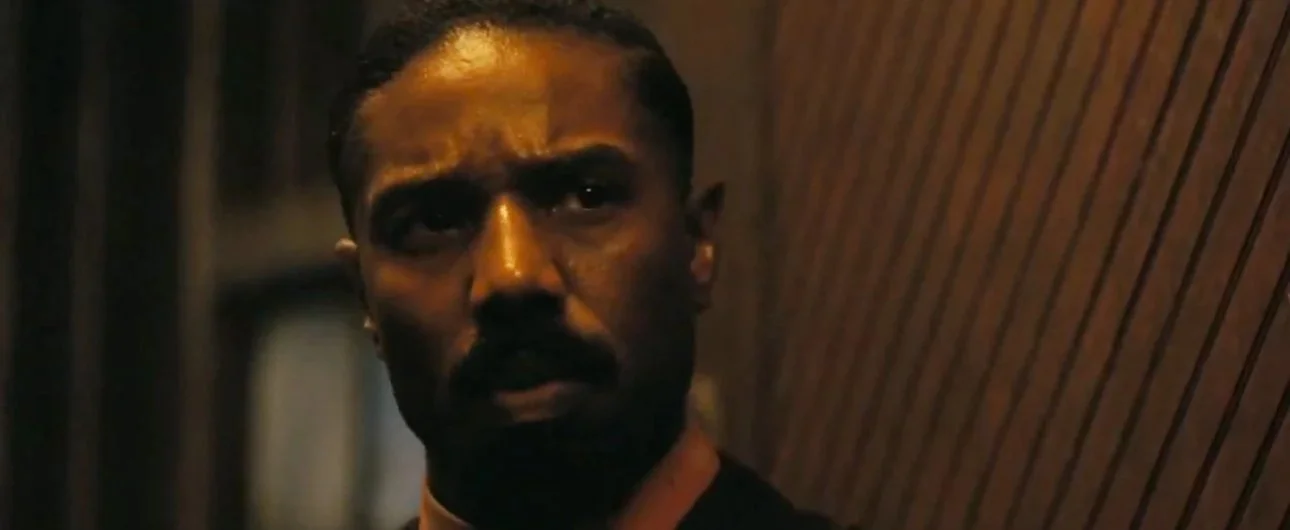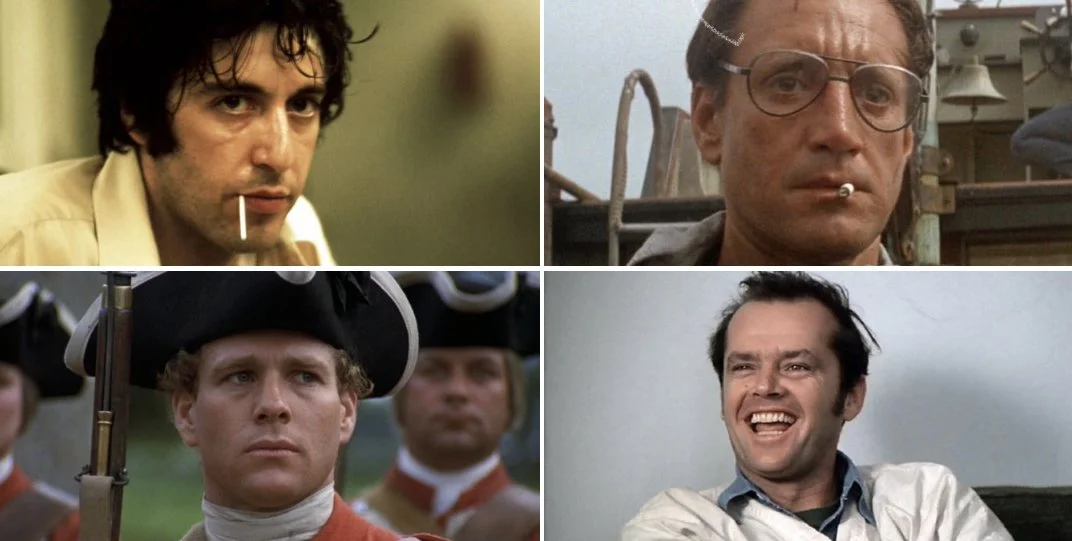Of course, it’s always purely objective, but I believe, because of how varied movie tastes are, and there now being ten nominees, that almost every modern-day Best Picture lineup will be criticized by the majority.
It’s just part of the program, the Academy almost never gets the ten (or five) nominees right. Chances are they won’t nominate your personal top 10 movies from any given year because, who are we kidding here, what are the odds of that happening?
With that being said, if there ever was a Best Picture lineup that should be considered as the greatest ever, the blueprint for perfection, it’s from the class of 1976. Just look at the five nominees:
One Flew Over The Cuckoo’s Nest (Forman)
Barry Lyndon (Kubrick)
Dog Day Afternoon (Lumet)
Nashville (Altman)
Jaws (Spielberg)
Are you seriously going to complain about these?
This is the single greatest line-up in Best Picture history. They’re all great films. This was the apex of ‘70s American cinema, and, for once, the Academy didn’t disappoint.
The Academy would have to resort back to only five nominees to attain this kind of perfection today. So, in other words, we’re never again going to witness such a stalwart batch of nominees.
Sure, one can make the case for Antonioni’s “The Passenger,” Polack’s “Three Days of Condor,” Gilliam’s “Monty Python and the Holy Grail” also deserving a nom that year, but the Academy nominated five future stone-cold classics.
Milos Forman’s “One Flew Over the Cuckoo’s Nest” ended up winning the big prize that year. Great film, I never get tired of it. However, if I had to choose, I’d have gone with “Barry Lyndon,” which just keeps getting better with age and is easily one of Kubrick’s best.
“Jaws” is fairly iconic as well. It was named Spielberg’s best film in our critics poll of the director’s entire filmography, and he’s had plenty of great releases since then. It has been credited in inventing the modern-day blockbuster, but no point in blaming it for that especially since “Star Wars” came out two years later and actually revolutionized the industry.
“Nashville” is maybe not my favourite Robert Altman, but it’s the consensus essential entry of his filmography. A great, sprawling work from the late master.
Then, finally, you have Lumet’s “Dog Day Afternoon,” the seminal bank robbery movie that featured one of Pacino’s greatest performances, an indelible John Cazale, all sharply edited and directed by the king of New York crime Sidney Lumet.





